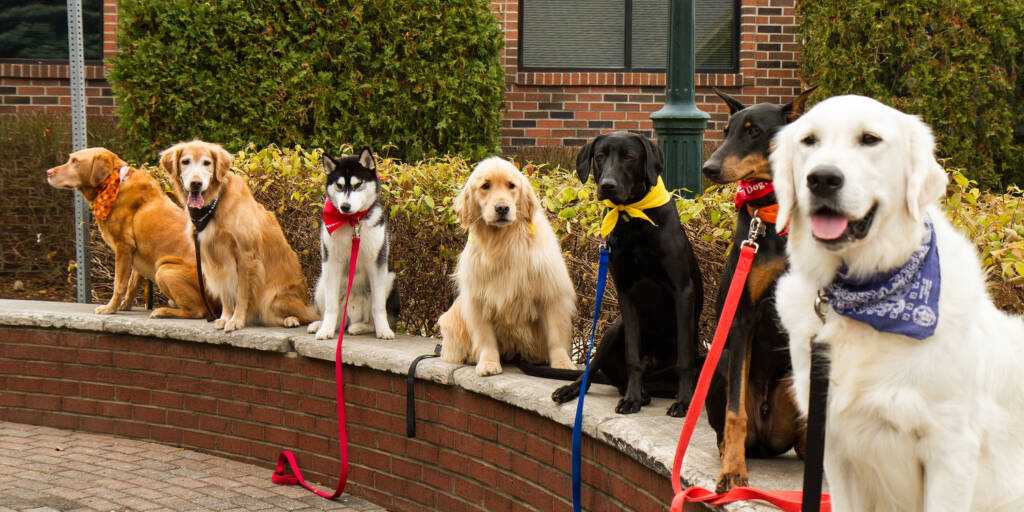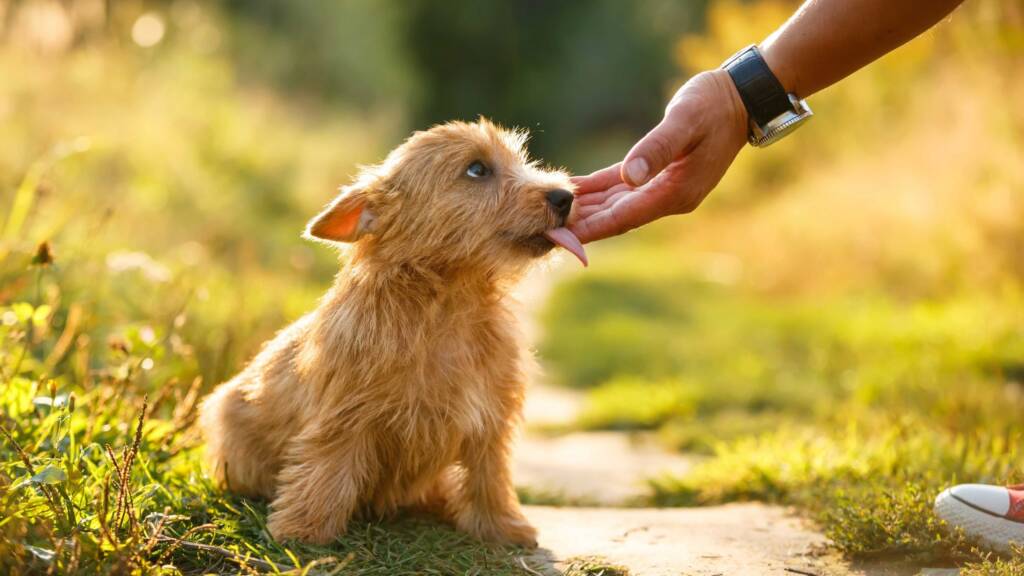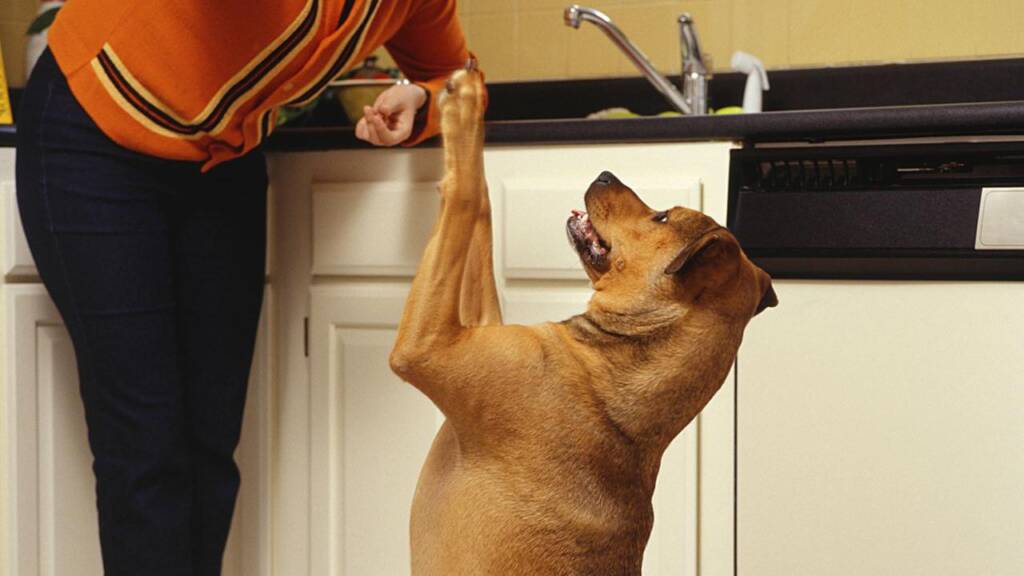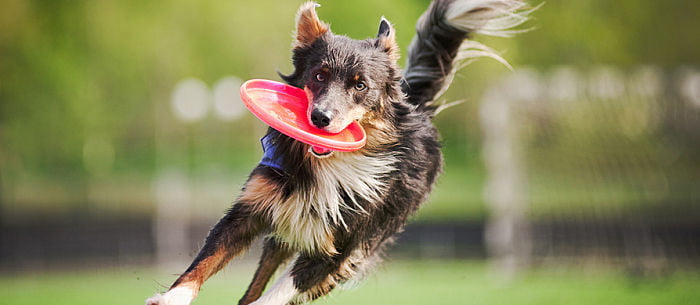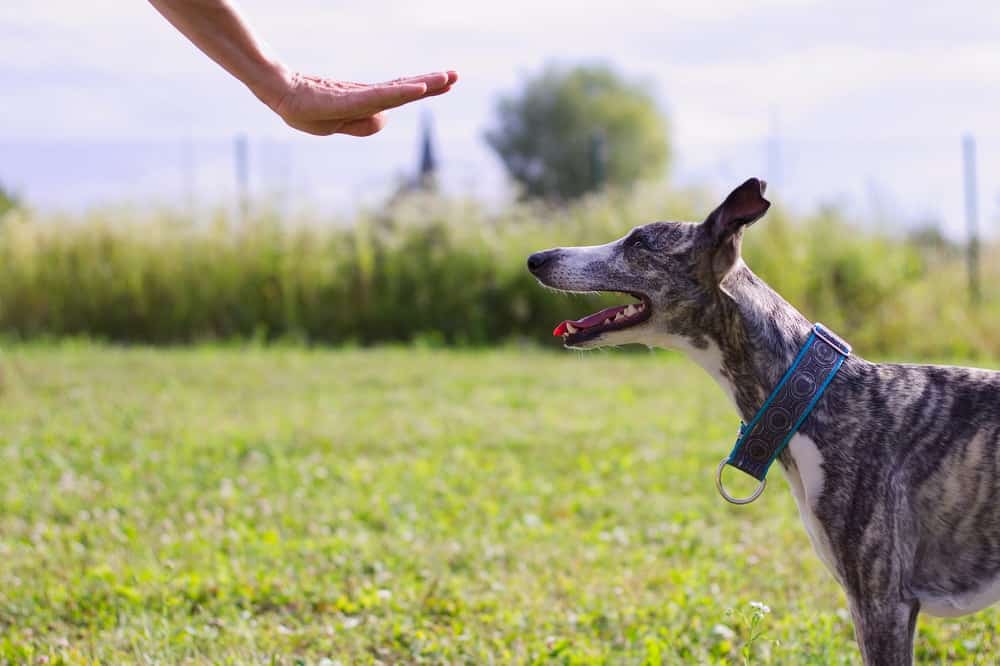Solve LABRADOR Behavior Problems: The Labrador Retriever is generally a sweet and kind dog. Even so, many owners may confess that their canine companion had displayed common Labrador behavior problems at one time or another, resulting in them losing patience with their pet.
The following is everything you need to know about what causes these common Labrador behavior problems and how to address them.
Let’s get started.
Why do some Labradors behave badly?
Many of the causes of Labrador behavior problems revolve around the type of behavior problems your Lab exhibits, as well as their personality, genetics, and life experiences.
When you think that different labradors may behave differently based on their age, this becomes even more apparent. Although Labradors have a handful of common behavioral issues, there are a few common causes.
One of the most common causes is boredom. Labradors are highly intelligent and have a lot of energy. Among other things, they may chew up pillows, be in places where they should not be, or dig holes in your backyard if they feel like they have nothing to do.
It may be so frustrating for you that you end up wondering how to discipline your Lab puppy in these instances. Lack of exercise may also play a big part in your Labrador’s acting differently.
They need to burn off their energy since they are big, energetic dogs. At what age do Labradors calm down, on the other hand, you may wonder. It is more likely that your Lab will break things or be disobedient if it does not get enough exercise. It may also bite if it does not get enough exercise.
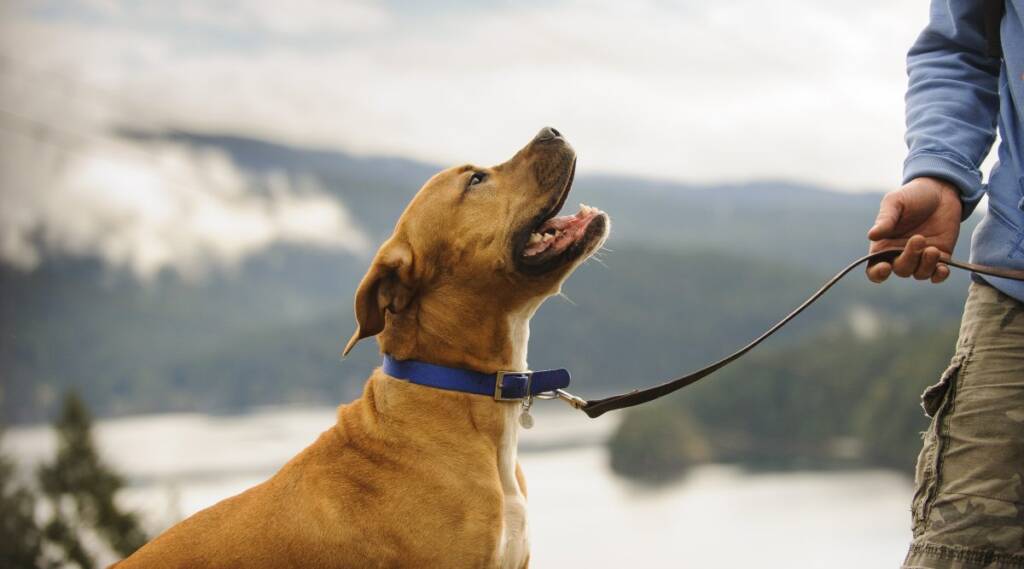
They might have developed depression, post-traumatic stress disorder, separation anxiety, and the like as a result of this experience. Your Lab may have been injured in an accident that caused them to be scared of loud, sudden, or high-pitched noises and react violently to them.
Further, you need to consider that any Labrador behavior problem may be triggered by something wrong in the routine or health of your beloved pet. For example, they may feel uncomfortable with sudden dietary changes, lack of sleep, pain, or underlying illnesses.
A second possible cause of your dog’s behavior problems may be that you have too high expectations for him. The majority of the time, Labradors don’t intentionally misbehave. It may be that their general sense of fun causes them to get into trouble, causing them to have common Labrador behavior problems.
When you believe that your Lab puppy is “hyper”, they are merely engaging in behaviors that they are accustomed to. Your Labrador Retriever may not be aware of their bad behavior since they don’t instinctively understand morals as humans do.
What are some common Labrador behavior problems?
Scavenging
It’s not unusual for your dog to search for food pieces that have fallen to the ground while you cook. It can be a problem, however, if your Lab starts digging through the trash and making a mess in search of food.
Since dogs have an innate desire to scavenge for food, it would be difficult to eliminate this habit. It can, however, be curtailed and decreased. The first thing you need to do is make sure that your dog never eats from the floor.
Make sure their food is in their bowl whenever you feed them. Do not drop food, such as treats, on the floor when you hand it to them. Give it to them directly. Additionally, you will want to prepare some preventative measures.
You can buy a trash can with a cover that you can clip shut if your Labrador always digs through the garbage. Alternatively, you can hide your trash can in a cupboard so they can’t get to it.
Aggression
Despite Labradors’ typically sweet personalities, they can also display signs of aggression. Growling, barking, biting, and showing their teeth are common signs of aggression. Abuse, trauma, and past experiences are the most common causes. The way you deal with it normally depends on how severe the symptoms are and what caused them.
Mild symptoms can be treated effectively with positive reinforcement and establishing dominance. If your Lab exhibits aggressive behavior, you might need to consult a specialist.
Chewing
For nearly all dogs, chewing will be a very common Labrador behavior, especially for puppies. Sometimes, this may be due to teething, as children often stop this habit when they have their adult teeth or when they are trained.
Nevertheless, uncontrollable chewing that wrecks your furniture and other belongings will be a Labrador behavior problem you will have to deal with. You can control their chewing by letting them know what is acceptable to chew, such as their toys.
When they chew on appropriate items like toys, you should reward them with treats. You can also ensure they get enough exercise. In case of excess energy, your dog will find other ways to release it, such as chewing on your stuff. You can help them resist the temptation to chew by getting them enough exercise every day.
Excessive barking
Barking is a way for dogs to communicate. Nevertheless, excessive barking can be a problem for you, your family, your neighbors, and more. When your Lab wants your attention, they may bark. Therefore, if you don’t pay attention to them, they may bark excessively.
A simple way to make them feel more loved is to keep them inside more often. Lonely dogs outside the house often bark to get your attention when they feel lonely. In addition, you can close your curtains if your dog barks at people walking down the street.
Begging
The Labrador is a hungry dog who loves food. This makes them more likely to beg for food every time they eat, which can be annoying.
You should never feed them the food that you are eating to stop them. The more bites you give them while you are at the table, the more likely they are to return. As well, you should redirect them when they beg to sit near you or lie next to your feet.
Digging
Do you remember how smart laboratories are? Because they get bored easily, they’ll find a way to keep themselves entertained. If you keep them indoors with lots of toys, you won’t have to worry about them digging in your yard.
Jumping up
If your Lab puppy would jump on your legs to get your attention and bite or nip at your hand before, you may have thought it was adorable. Now that they are fully grown, it may be more painful and bothersome.
It is important that you remain calm and do not become angry at your Lab when you tell them to stop. If you do, they may think that you do not appreciate their greetings. It is possible to redirect their behavior instead. It is especially beneficial to begin teaching them at a young age.
Ask them to sit and stay until you let them get up when they see you enter a room. You can pet and hug them once they get up. Tell the person to turn away and discourage them if they try to do this to others. You will help your Lab learn that they do not need to jump on people to say hello.
However, sometimes it’s normal
The important thing to remember, as we mentioned earlier, is that sometimes, a bad act is not as harmful as you think. If your lab acts the way they do, it may simply be that they do not know what is right or wrong until you teach them.
Dogs, for example, have an instinct to scavenge and dig. Therefore, if they begin to do that, you must teach them that it is wrong. Otherwise, they won’t realize that it isn’t a good idea.
Remember that just because your Lab does something “bad”, it doesn’t mean they’re a bad dog. In addition, it is your responsibility to teach them what they can and cannot do.
Labrador Retrievers are generally very easy to train, so any common Labrador behavior issue can be rectified easily. A little patience is all you need.
In conclusion
By figuring out why your dog behaves badly you will be able to prevent it from happening again. Here are some tips you can use to prevent common Labrador behavior problems in the future.
However, keep in mind that some common Labrador “behavior problems” may simply be the result of following their natural tendencies.
